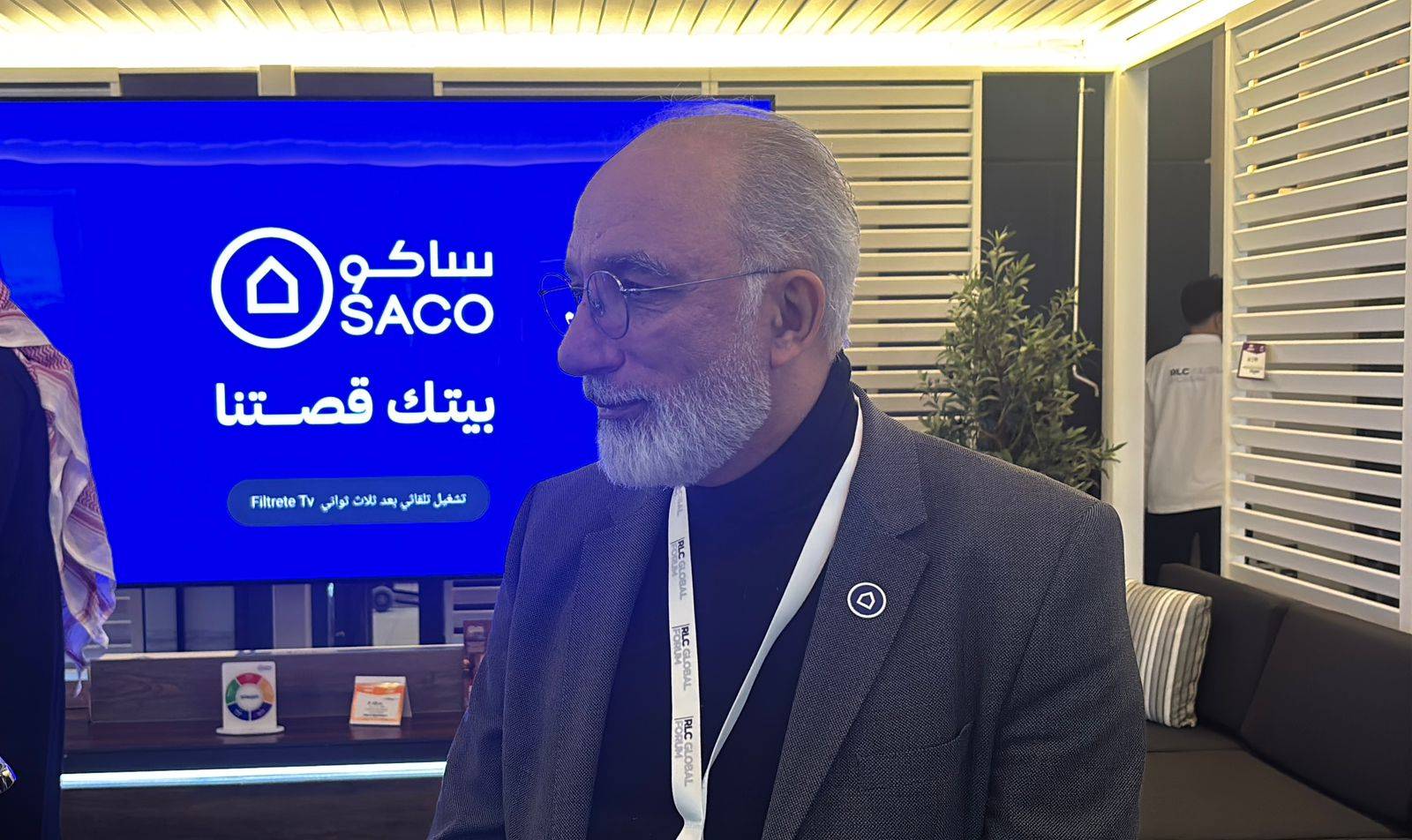The Saudi government has raised the minimum limit of annual sales at which entities should notify the authority of economic concentration transactions to SAR 200 million ($53.3 million) from SAR 100 million ($26.6 million).
The decision was based on the annual review made by the General Authority for Competition (GAC), which considered the best international practices.
This came under the approval of GAC’s board of directors to amend Article No. 2 of the executive regulations of the Competition Law to read: “Entities seeking to join an economic concentration transaction – or the persons legally authorized to represent them - must notify the Authority at least 90 days prior to the completion of such transaction, if the total value of the entities' annual sales exceeds SAR 200 million.”
The amendment was approved during the 80th board meeting, with other resolutions adopted.
The GAC board followed up on the preliminary results of investigations into the motor sector, issuing several directives.
It also reviewed the investigation results of a lawsuit related to two entities in the food delivery and restaurants sectors, approving a settlement.
The board approved another settlement between two entities operating in the construction sector and nodded to exempting two entities operating in the electric vehicles (EV) sector for exclusive and unified contracts.
In other news, the Saudi Contractors Authority revealed that over 1,000 e-contracts worth more than SAR 308 million ($82.1 million) have been concluded on the Kingdom’s “Muqawil” platform, launched in 2021.
According to the Authority, 600 contracts have been signed for the implementation of framed structures without materials. Meanwhile, the contracts for implementation with materials reached 300.
The value of the highest contract concluded on Muqawil exceeded SAR 50 million ($13.3 million).
Muqawil also recorded SAR 10,000 ($2.6 thousand) as the lowest value of a typical contract concluded on the platform.










